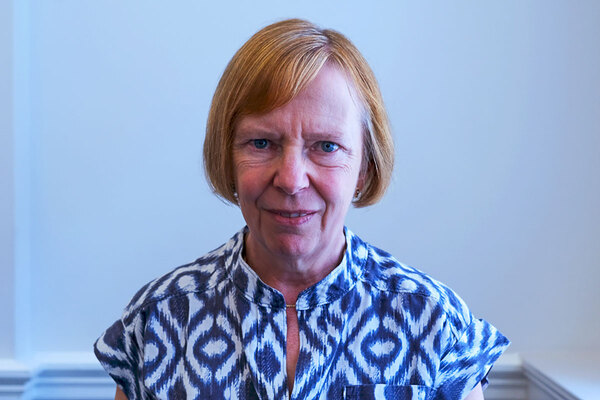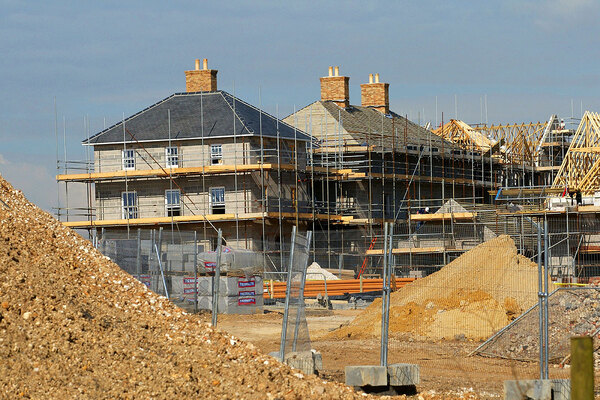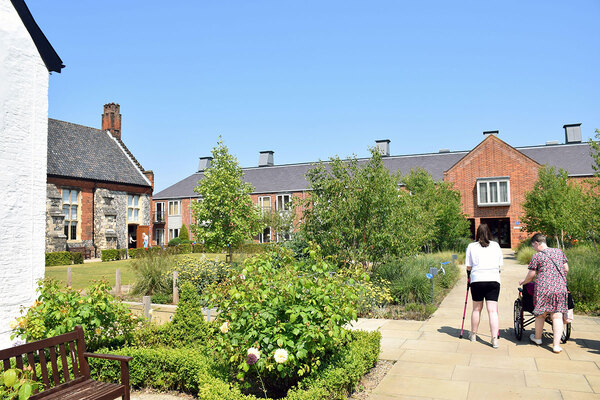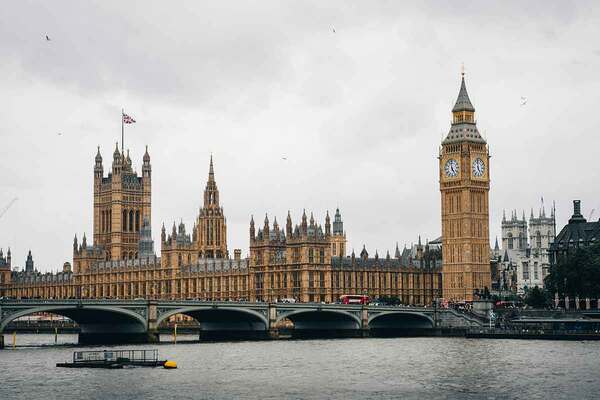First recommendations released from review led by Dame Kate Barker
Dame Kate Barker has laid out the initial recommendations of a new housing review in a memorandum to housing minister Matthew Pennycook, 20 years after her landmark Review of Housing Supply.
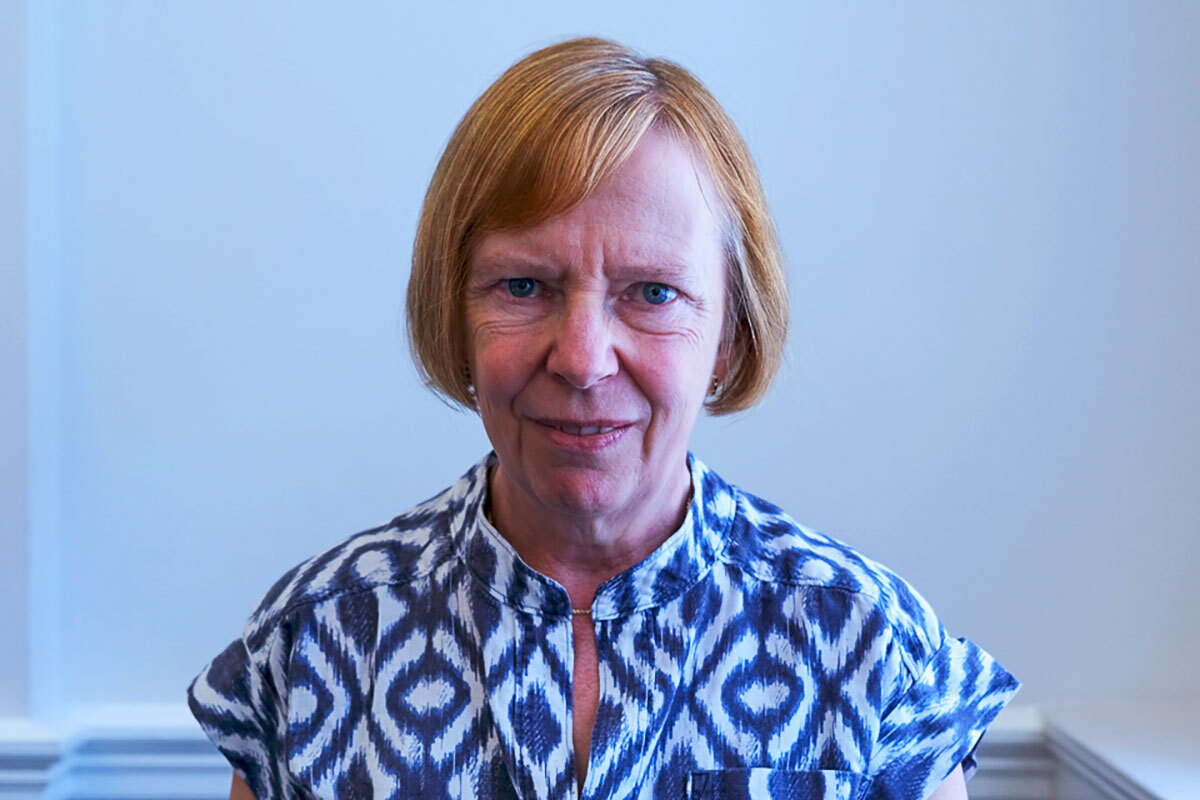
The housing commission, chaired by Dame Kate and convened by Radix Big Tent, the thinktank, is aiming to bring “fresh, practical solutions to the housing challenges in England”, with 15 commissioners drawn from the public, private and voluntary sectors.
“Sadly, most indicators of housing market health are worse today than they were 20 years ago,” Dame Kate said in the letter to Mr Pennycook, who is minister of state in the Ministry of Housing, Communities and Local Government and has been tasked with the housing brief.
“In particular, there has been a failure to link new housing with infrastructure delivery and also, since the financial crisis, a further decline in the supply of new social rent homes,” she said.
Dame Kate’s 2004 Barker Review of Housing Supply proposed 36 recommendations to improve housing affordability and supply. However, recent analysis by the Home Builders Federation (HBF) found that only 11 of these are in place, with 10 only partially implemented, and five implemented, then reversed.
The HBF estimated that housing stock equivalent to the entirety of Ireland’s would have been built by now if the review’s most ambitious housing supply policy had been followed, but the target of building 297,000 homes a year has not been achieved since 2002.
Dame Kate’s 18 new recommendations include streamlining existing funding pots and replacing the “wasteful and divisive short-term competitive funding model for small pots with longer-term, needs-based funding formulae”.
The system of developer contributions through Section 106 and the Community Infrastructure Levy should also be reformed and replaced by a specific affordable-housing goal.
She suggested commissioning an independent review of the metropolitan green belt to identify scope for New Towns or expanded ones.
Homes England could also be reframed as a “master developer potentially working with development corporations”.
On the planning side, Dame Kate called for the National Housing and Planning Advice Unit to be reinstated and a cross-departmental implementation unit to be established in the Cabinet Office to coordinate housing policy delivery.
Planners should also be used “for spatial planning rather than regulatory development management functions”, she said.
Delivery by small and medium-sized and community-led developers should also be boosted through specific amendments to the National Planning Policy Framework.
She recommended a “two-stage approach” that focuses on policies that will put an end to the “perma-crisis” in housing and establish a stable policy framework “so as to allow bolder choices in the latter part of the government’s first term and lay a sound foundation for the following five years”.
The commission’s focus will be on how to free up more land for development, the role of specialist housing, such as for students or older people, approaches to sustainability and how to ensure affordability.
Commissioners include Richard Blyth, head of policy and research at the Royal Town Planning Institute, Lord Richard Best, cross-party Peer and former chair of the Affordable Housing Commission, and Elsie Owusu, founding chair of the Society of Black Architects.
The commission’s final report is due to be published this autumn.
Sign up for our daily newsletter
Already have an account? Click here to manage your newsletters
